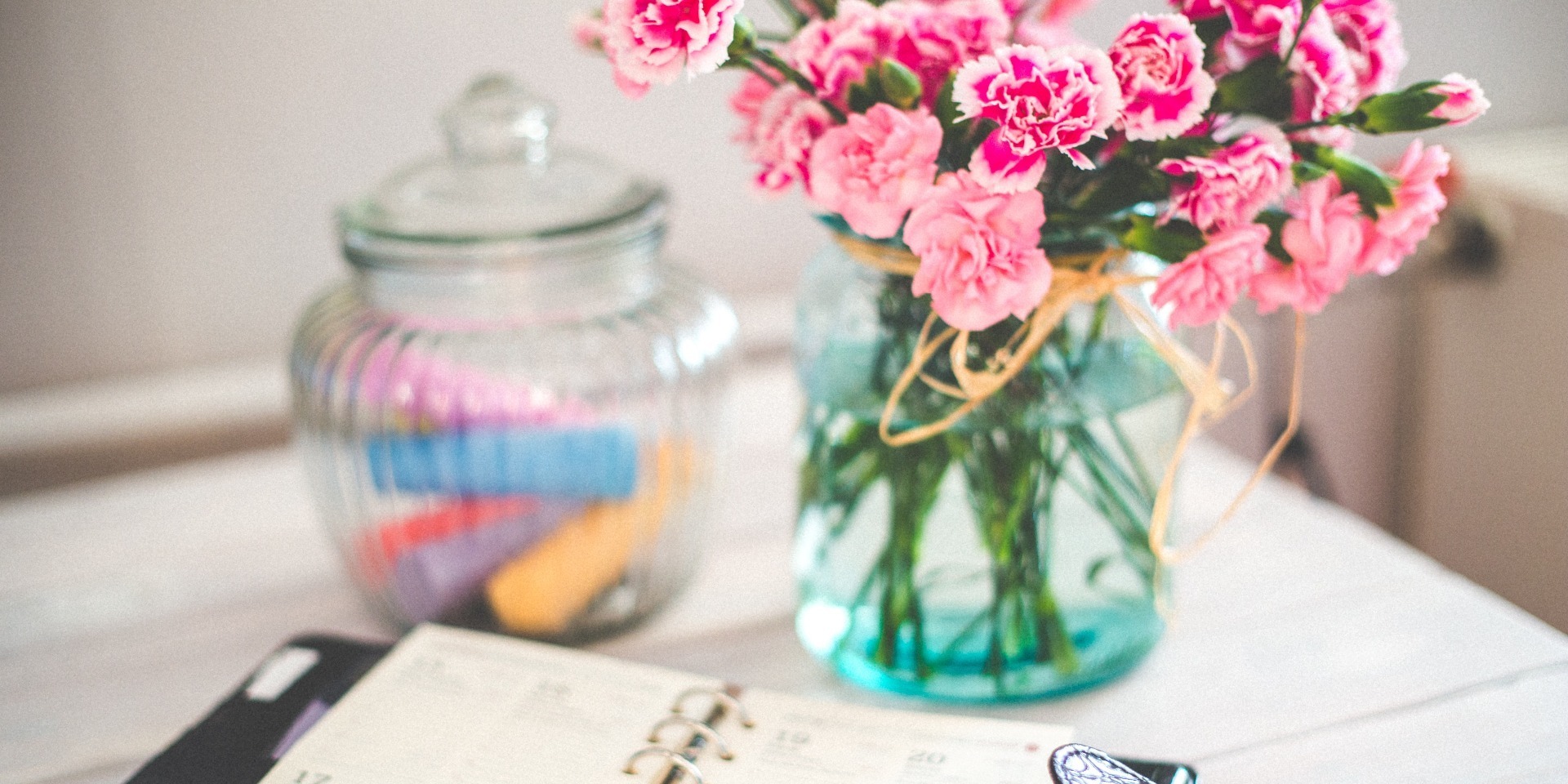Benefits of Tracking Your Cycle
Posted on 27th March 2019 at 09:16
We all know that our cycles have a huge effect on how we feel both emotionally and physically. A 28-day cycle is a global average, but this doesn’t necessarily mean this is your average cycle. Everyone is different and our cycles vary from person to person.
So, it makes sense to track our cycles to help plan accordingly and understand our bodies better.
You can track your cycle the old-fashioned way – with a pen and paper, or you can use one of the many period apps out there by picking the one that works best for you.
So here are some of the benefits of tracking our cycles:
Learn your individual pattern
Track bloat, mood, food cravings, energy levels, and sex drive. These among so many others are factors that are affected by where you are in your cycle. Throughout our cycles, our mood changes depending on hormone levels, what we fancy eating flits between wanting sweet, then savory and our sex drives can go up and down in accordance as well.
Once you have tracked for a few months and you start seeing the patterns, it’s incredibly eye-opening and can really have a positive impact on other areas of your life.
Predictable isn’t boring, it’s good
Arm yourself with knowledge and supplies. By tracking, you can take the anxiety of not knowing/forgetting when your period is due, getting caught short in public without supplies or making a mad dash to the shops because you’ve forgotten to replenish your stock of products.
Tracking will also let you manage what to expect physically and emotionally on each day. For example, day 1 headache, day 2 cramps, and heavy bleeding etc. This way you can prepare and plan and avoid anxiety and upset by not putting yourself in a position you don’t really want to deal with on a particular day.
Control your hormones and your pain
Where you are in your cycle can affect how your hormones fluctuate. This, in turn, impacts your mood, your food cravings, and your energy levels. Tracking this will let you control what you want to eat, what type of exercise you want to do and whether scheduling that presentation to the board, arranging that play date or having that dinner party can wait till you’re feeling more hormonally balanced.
Understand and communicate
Understanding your moods changes will allow you to communicate better and in advance to those around you who can be affected by the fallout. You can communicate that you’re going to be a little moody or have less energy and manage their expectations. In-turn they will be able to be more understanding of your situation and together you can discuss ways to help you feel more comfortable.
Work out when you’re fertile
Did you know the average fertility window lasts up to 6 days and it’s not just on the day you ovulate? The greatest chance of actually conceiving is 2 days before you ovulate. If you’re trying to get pregnant tracking will help aid the process.
Spot the difference
By tracking you can easily identify what isn’t “normal” for you and if needed seek the
advice of a professional, whilst armed with all your data at your fingertips.
Have you been tracking your period? If you have any tips please share them with us in the comments.
Tagged as: biodegradable period pads, Organic period pads, Plastic-free period pads, Vegan period pads
Share this post:


